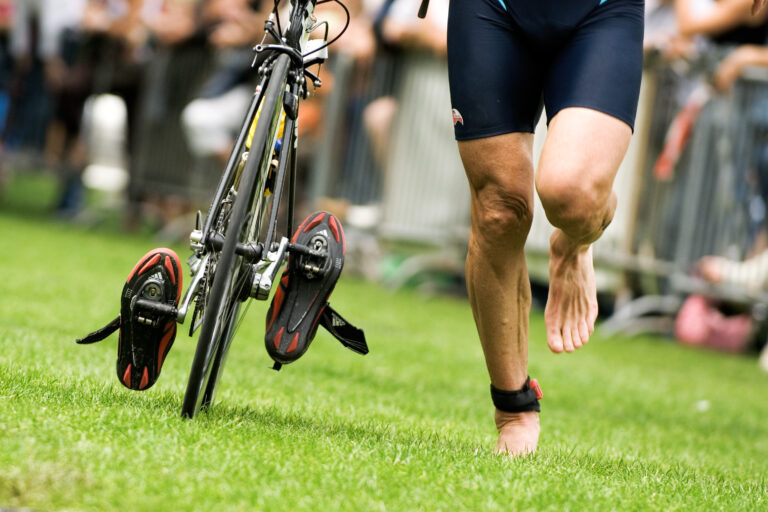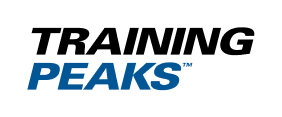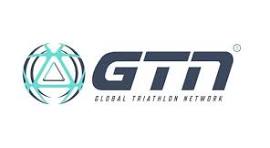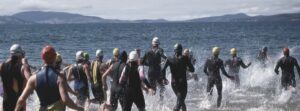3 Days to Triathlon: How to Prepare in the Last 72 Hours
What to do in the last 72-hours, so that you feel prepared and confident as you stand on the start-line of your next triathlon.
Are you getting close to triathlon race day, and a little jittery about what to do in these final hours? Fear not! In this article, I’ll be sharing essential tips on how to make the most of your time, so you’ll feel fresh, fit, and confident when the big day arrives.
1: Take it Easy
Tip number one is to take it easy over the next few days. Avoid cramming too much into your schedule, and stay off your feet as much as possible. That means no sightseeing trips on your feet, or walking around the race expo for hours on end.
Also, avoid any hard training sessions during this time. Give yourself at least one day off in the last few days, and make sure any other training is light and low in intensity. Remember, with just three days to go, it’s too late to build any more fitness. The aim now is for you to feel fresh and confident when you get to the start line.
2: Race-Course Reconnaissance
If possible, incorporate some race-course reconnaissance into your last couple of workouts. This could mean running or riding part of the bike route, or having a light swim at the race venue.
If that’s not feasible, you may be able to ride some of the route on virtual training apps such as FulGaz or Rouvee. If you can’t do any of that, another option is to review the course on Google Maps in the satellite view. Sure, it’s not as good as training on the race course, but it’s certainly better than nothing. Getting familiar with the course will give you a sense of comfort and preparedness when race day comes.
3: Get Organized
Now is the time to get organized. Research where you’ll need to go to pick up your race number or check your bike in, so that you don’t get lost. You should also make lists and timelines of what you need to do on the day before and on race morning.
This way, you’ll feel less stressed and more confident as you approach the big day. This really helps, because, in the last day or two, it’s easy to forget things when you’re nervous.
Personally, I make a list of tasks and times on my phone (such as making my energy drinks or eating breakfast). It means that on race morning, I simply follow my list without needing to overthink anything.
Finally, make sensible arrangements for your pre-race evening meal. Because you don’t want to wander around all the restaurants in town, desperately trying to get a table. And I should know, because I’ve done it before. These days, I prefer to get my pre-race evening meal delivered to my hotel room, as I find it more relaxing than going to a busy restaurant. It also means I can plan in advance what I want to eat.












